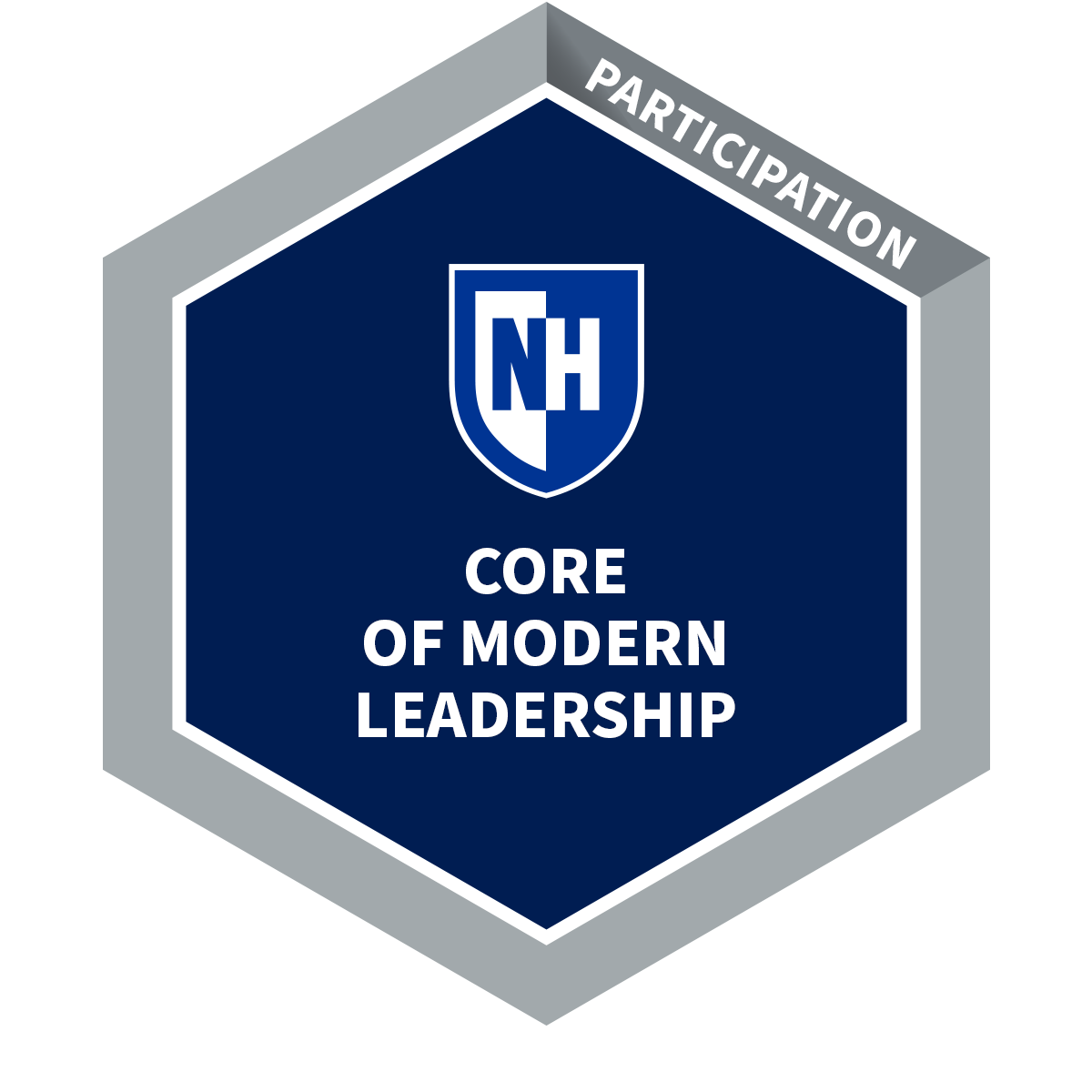Gina Abudi: Leading Strategic Change Initiatives
Change is constant and always stressful for those who have to implement the change and for those affected by the change. Change is necessary, however, and provides the organization with opportunities for growth. The biggest challenge in many organizations is how to ensure adoption of change. Leaders alone are unable to drive successful change, they must engage employees in the change so that the change is adopted. To do so, requires leaders to think about change from the perspective of those who need to adopt that change – their employees. And, to engage them in the change through ensuring regular and consistent communications and participation in change management activities. This conference session will provide participants with a variety of best practices for leading strategic organizational change. Participants will be provided with a handout for use during the session and to reference back on the job. The session will include a variety of small group discussions.
Topics covered during the conference session include:
- Understanding the complexity of change and its impact on the organization
- Ensuring an understanding of the factors driving change
- Creating and sharing a vision for change
- The role of the change manager/change leader
- Communication best practices – sharing information and getting feedback
- Identifying and managing resistance to change
- Finding change champions and deploying them to promote change within the organization
- Sustaining the change
Derek Ahl: Neuroscience of Leadership
Learn how to lead effectively with the brain in mind. You will learn how the brain and nervous system process information, how our neurobiology affects leadership of self, others and teams, and leave with evidenced based tools to support your organizational change efforts.
David Lee: Leading with Purpose on Purpose
True leaders unify and mobilize people towards a common vision. By doing so, they create an emotional bond between their followers and themselves, and their followers and their shared vision. Doing so taps into the human need for meaning and purpose—the need to feel like you and your work matter. Inspiring leaders do this by making the vision come alive through storytelling, by capturing and sharing stories about the good that the organization does through their work. They do this through capturing and sharing “Stories of Awesome”—stories about employees making a difference and exemplifying excellence. Tapping into the need for meaning and purpose is an antidote to the perennially low rates of employee disengagement, or employees being “Just not that into” their employer and their work. It is also a powerful way of animating a workforce to face change, challenge, and uncertainty with courage and optimism.
In this presentation, we will explore how to become more inspiring by helping employees remember they, and what they do, matters, and by doing so, connects with the human need for meaning and purpose.
Debra Schuler: Cultivating Compassion in Modern Leadership
Our current VUCA environment - volatility, uncertainty, complexity, and ambiguity – reveals the detrimental effects of how systems and societies have been progressively shifting away from the core human values of cooperation, fairness, care, and compassion for each other and the natural world. For many, this feels distressing and discouraging however, there are growing numbers of people globally who see these times as our wakeup call to rise above and realize a superior level of intelligence – heart intelligence.
By participating in this workshop, you will:
- Engage in uplifting dialogue about what it means to lead from a heart-focused paradigm.
- Discover the tangible business rewards that many renowned organizations are reaping by making emotional intelligence and mindfulness central to their management and leadership development initiatives.
- Gain actionable insights on how to shift from transactional to transformational connections and relationships at work and in the world.
- Leave inspired to do the deeper self-awareness work necessary to transform your leadership approach to one that creates a culture where people feel they belong and can thrive.
Amy Wood: Boosting your Emotional Intelligence
A high IQ doesn’t necessarily translate into success as a leader. A more accurate predictor of leadership capability is emotional intelligence, or EQ – the capacity to understand one’s self and others and apply that understanding effectively to accomplishing important goals. This workshop covers the components of emotional intelligence, why it’s essential, ways to increase it, and how to leverage it to gain influence and engage others.
Alec Newcomb: How AI Can Make Us Better Leaders
Alec’s session delves into the transformative impact of AI on modern leadership, backed by practical case studies. Uncover how AI sharpens decision-making, strengthens team collaboration, and drives productivity. Leave with actionable strategies to leverage AI for enhanced leadership and team performance.
- Practical Examples of data-driven leadership decisions with AI
- Case studies on AI that enhance organizational communication and teamwork.
- Increase productivity: Explore practical strategies to automate tasks, optimize workflows, and maximize team efficiency using AI

 2025 Leadership and Management Conference Digital Badge
2025 Leadership and Management Conference Digital Badge





